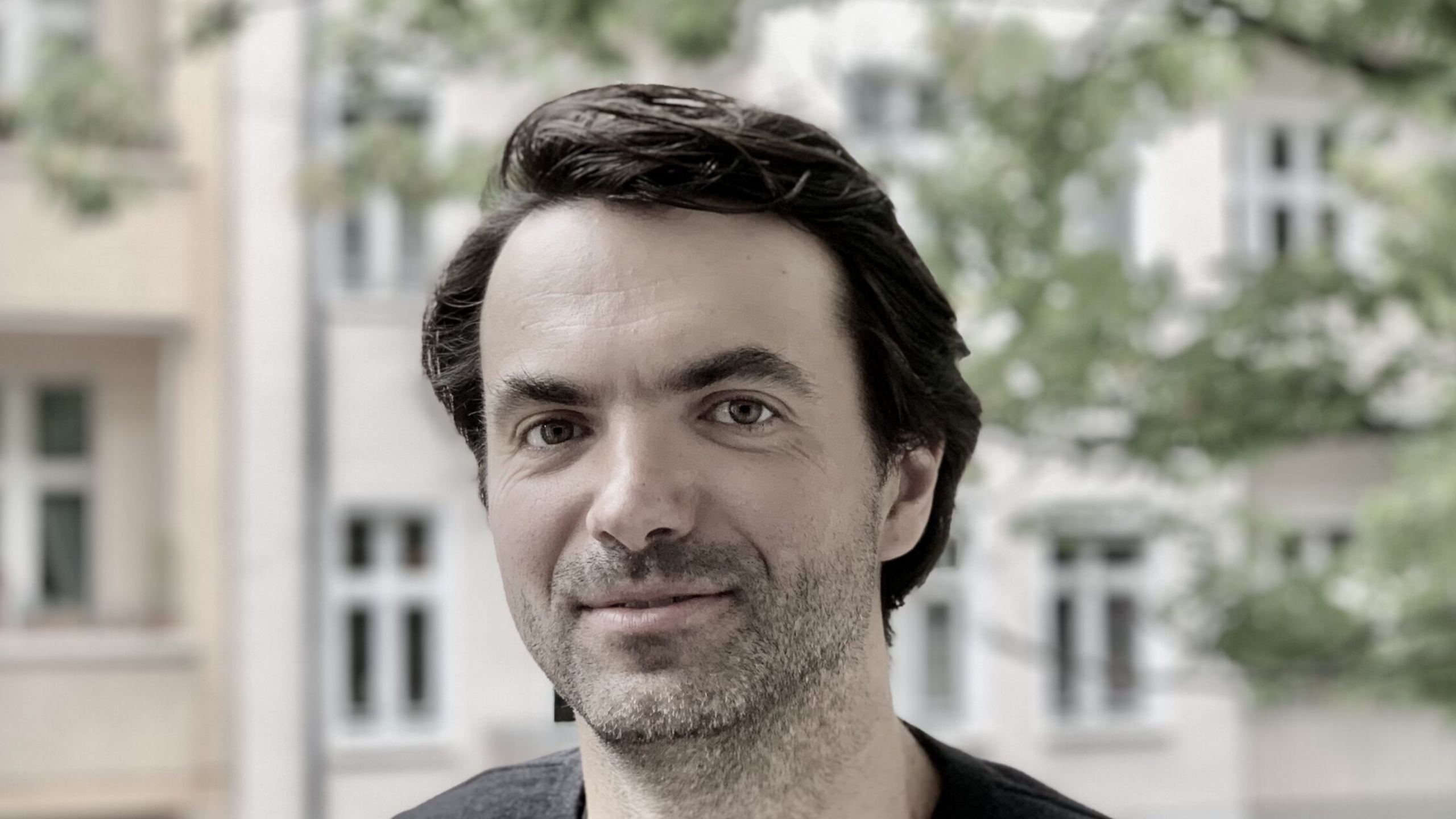
The construction of artificial intelligence – HIIG investigates the institutionalization and imagination of AI in two international projects
Berlin, 8 December 2020 – How did AI become what it is today? HIIG is launching two international research projects that examine the hype and institutionalisation of AI over the past ten years. Thanks to extensive funding by the DFG and international partner organizations, the team will be able to investigate the interplay of technical, political, and media construction of AI in six different countries.
Artificial intelligence (AI) has developed rapidly in recent years. We are currently in the crucial phase of institutionalisation of AI in our societies. Where should it be used? What are the risks involved? What constitutes AI is not only decided technically, but also negotiated socially, medially and politically. Thanks to funding from the DFG and international partner organizations, HIIG can now implement a comprehensive research agenda for the institutionalization of AI. The way in which AI develops and in which areas it is used and how it is applied is technically and socially open and thus the subject of numerous debates, which sometimes differ widely in international comparison and over time. AI could always be different.
In “Shaping AI“, Dr. Christian Katzenbach’s international research team compares the development and institutionalisation of AI in Canada, France, the United Kingdom and Germany. The differences between the countries should provide indications of the influence of social factors on the development of AI. The period under study is the crucial phase from 2012 to 2021, during which the “creeping” institutionalisation of AI can be traced behind the enormous media attention. A longitudinal study of this kind is a novelty.
How artificial intelligence has been imagined over the past ten years and which actors in China, the United States and Germany are driving this development is the subject of the parallel project “Imaginaries of Artificial Intelligence”. The main focus will be on the question of how far the different development paths of the countries can be explained by the difference between mission statements and communicative strategies of dominant actors.
Both projects run over three years and are funded by the DFG and the research organizations of the partner countries. “There have already been studies on media coverage, technical innovations, and the regulation of AI,” says project leader Katzenbach, “but these projects now allow us for the first time to really systematically investigate the interrelationships between technical, political, and media developments. And to see how the AI of the 21st century became what it is today”. HIIG and its partners will continuously disseminate the research results to the public through publications and events in order to stimulate public and political debates already during the project period. Partners in the project “Shaping AI” are the Medialab of Sciences Po, the Center for Interdisciplinary Methods (CIM) of the University of Warwick, the Laboratory on New Digital Environments and Cultural Intermediation (NENIC Lab) and the Algorithmic Media Observatory of Concordia University in Montreal. The projects have been selected for funding in the highly competitive “Open Research Area” funding line from about 100 applications. In the project “Imaginaries of AI” Christian Katzenbach’s team at HIIG HIIG cooperates with Prof. Mike S. Schäfer at the Institute for Communication Sciences and Media Research at the University of Zurich (IKMZ).
Press contact: Moritz Timm | phone.: +49 30 200 760 82 | presse@hiig.de
About the HIIG
The Alexander von Humboldt Institute for Internet and Society (HIIG) researches the development of the internet from a societal perspective. The aim is to better understand the digitalisation of all spheres of life. As the first research institute in Germany to focus on nternet and society, HIIG has established an understanding that emphasises the embeddedness of digital innovations in societal processes. As node in the Global Network of Interdisciplinary Internet & Society Research Centers, an initiative of scientific institutions worldwide in the field of interdisciplinary research on internet and society, the institute is trying to develop a European perspective on digital transformation.
The HIIG was founded in 2011 by the Humboldt-Universität zu Berlin, the University of the Arts Berlin and the Social Science Research Center Berlin, in alliance with the Leibniz-Institut für Medienforschung | Hans-Bredow Institute for Media Research in Hamburg as an integrated co-operation partner. The research directors of the institute are Prof. Dr. Jeanette Hofmann, Prof. Dr. Björn Scheuermann, Prof. Dr. Dr. Thomas Schildhauer and Prof. Dr. Wolfgang Schulz.

